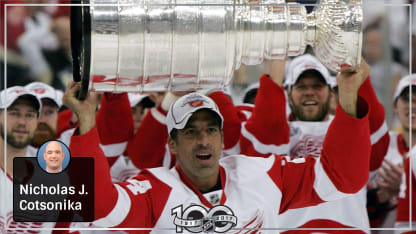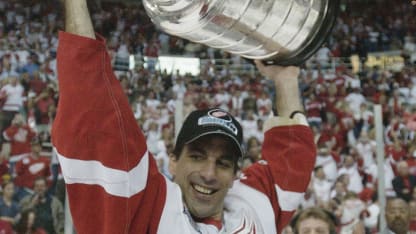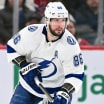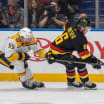Chris Chelios had no idea his 24 years in the Stanley Cup Playoffs were an NHL record until someone told him. All he knew was that his 266 playoff games were an NHL record, and that former Detroit Red Wings teammate Nicklas Lidstrom fell three games short of catching him.
But if you know Chelios, you know he isn't just spouting clichés when he says he never paid attention to things like that. It's no surprise he was unaware of the significance April 12, 2007, when he stepped onto the ice for the Red Wings against the Calgary Flames in the Western Conference First Round at Joe Louis Arena and passed Ray Bourque.
The whole reason he made the NHL and stayed in the NHL so long is that he played for the sake of playing, for the skate of competing, for the sake of winning.
Chris Chelios lived for the playoffs
Defenseman set NHL records with 24 years in postseason, 266 games


© Elsa/Getty Images

















